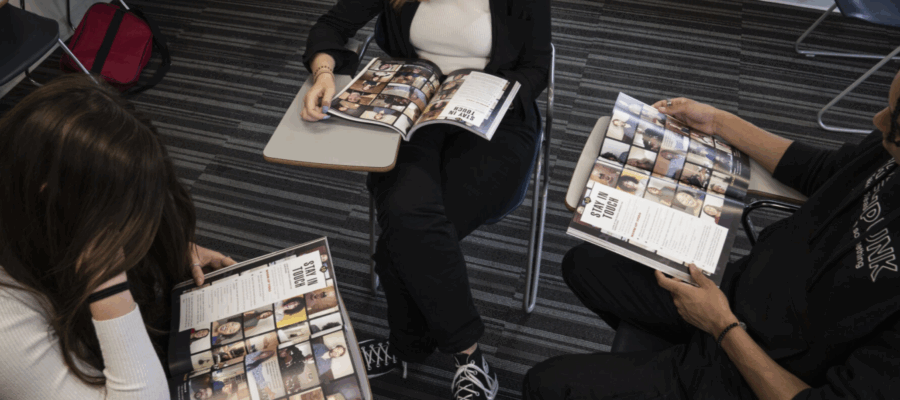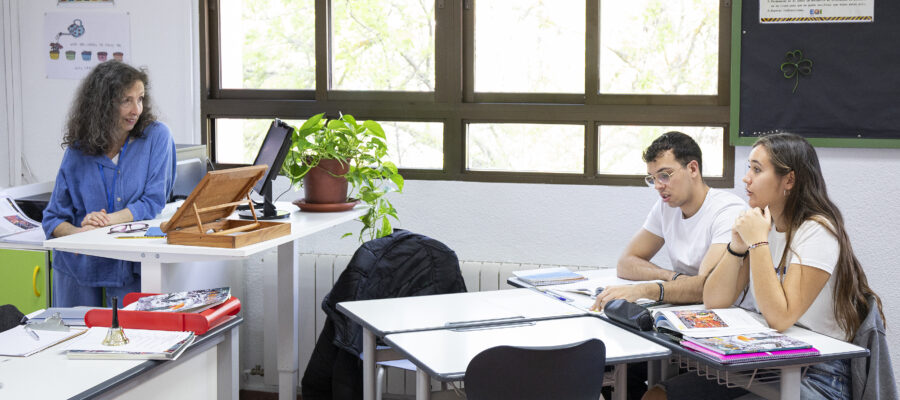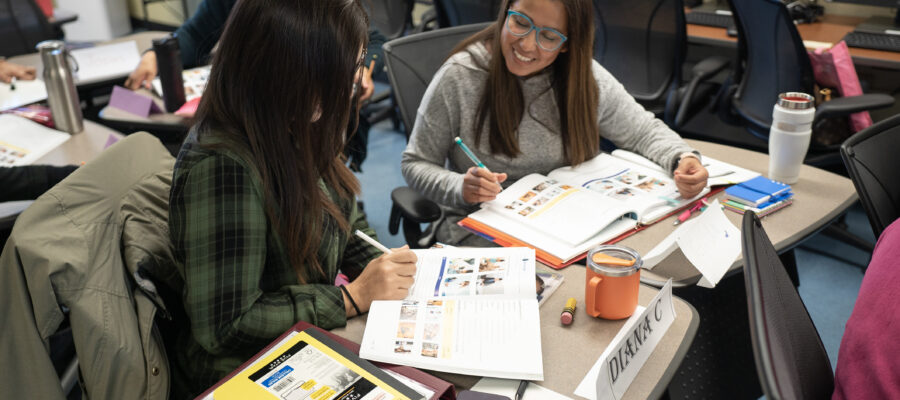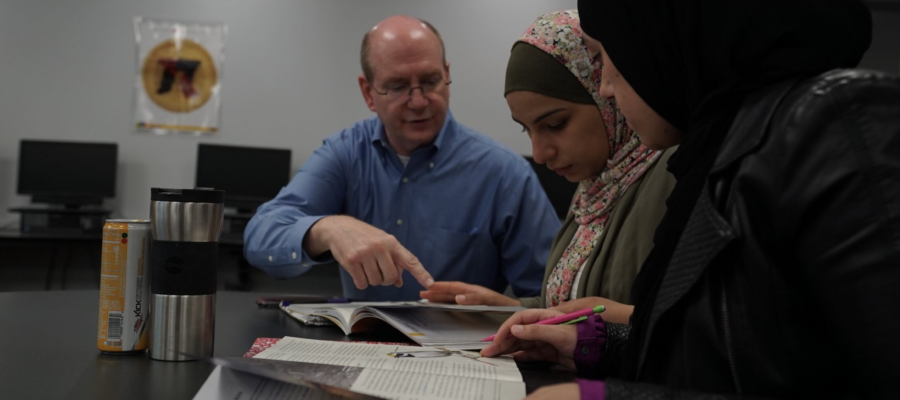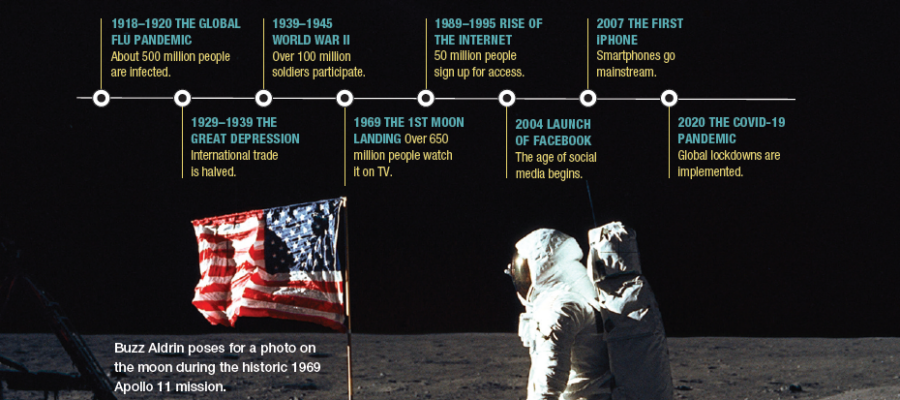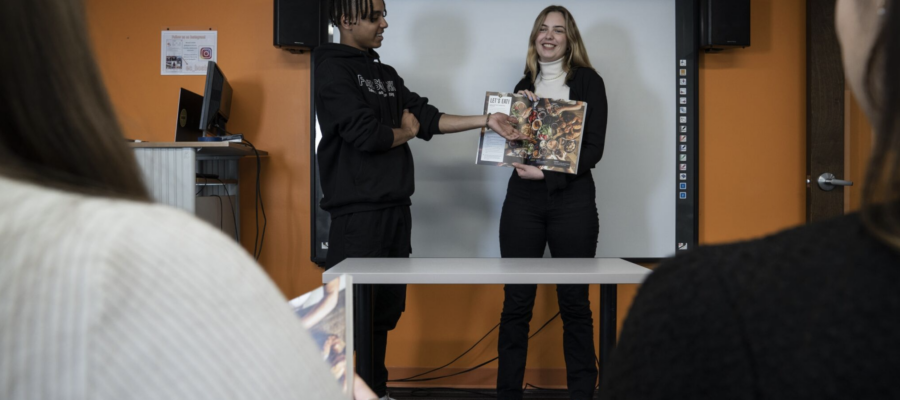On October 16th, I gave a webinar for National Geographic Learning on the topic of Academic English. (If you missed it, there’s a link to the recording at the end of this post). The number of teachers who attended indicated interest in this field of English language teaching. We also



